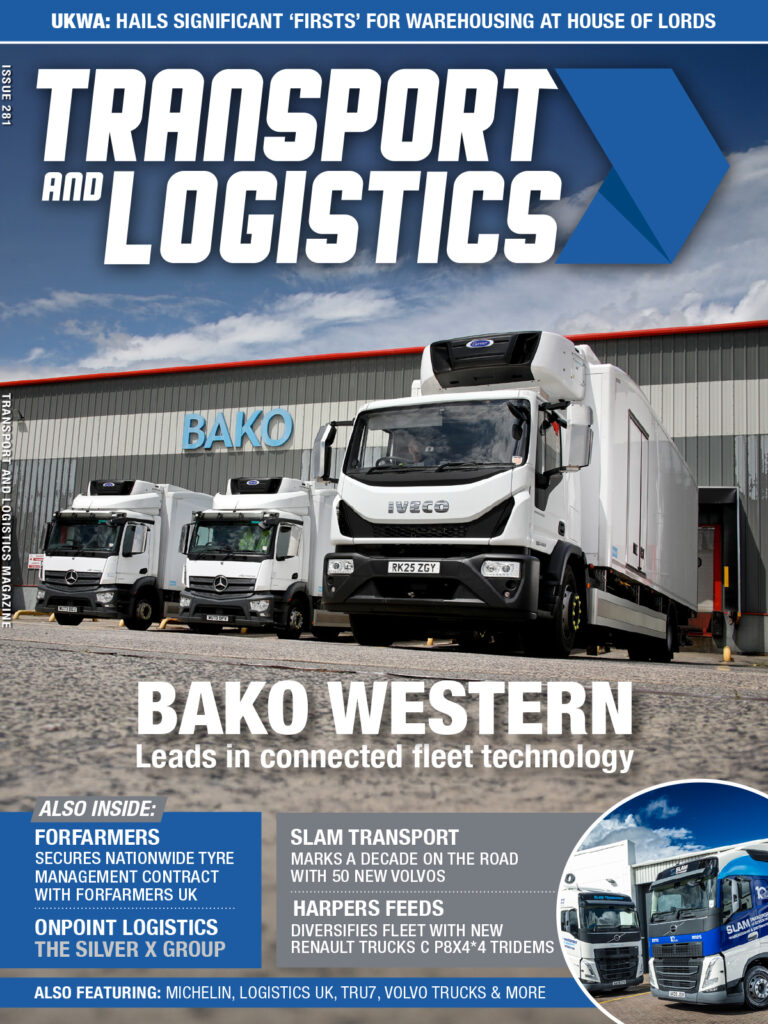Harmonised e-Reporting Procedures For All Vessels
A new era for global maritime is to be unveiled on June 2015. The European Commission adopted on June 25th the report on the functioning of the Reporting Formalities Directive (Directive 2010/65). The Directive aims to ensure that by June 2015, vessels entering in or departing from EU ports will provide required information electronically via one single entry point – the National Single Window.
Currently, these procedures are duplicative and time consuming, resulting in costs and delays, thus making maritime transport less attractive compared to other modes. The COM(2014) 320/25.6.2014 report urges Member States to increase efforts for this major simplification and harmonisation of the current reporting procedures.
All Member States have done a considerable work to transfer the 2010/65 Directive. Initiatives for the National Single Window implementation have been taken, mostly building on existing platforms, technical solutions and standards. The eMAR Project is an excellent example of those efforts that combines technological solutions with research. After the European Commission’s decision, Dr. Takis Katsoulakos, Technical Director of the eMAR Project and Director of Inlecom Systems Ltd, mentions that:
The FP7 projects eMAR and eCompliance are fully committed to support the Commission efforts for harmonised reporting procedures for vessels by
1. Providing the CRS data model harmonising various developments, particularly the AnNA and ISO models, and integrating them in the e-Maritime Strategic Framework (EMSF)
2. Offering technical demonstrations to shipping companies linking their existing systems with available MSW prototypes without any further commitment for the companies themselves,
3. Developing intelligent compliance support systems for regulators, enforcement authorities, shipping companies and ports
The European Commission recommends that EU guidelines and technical specifications for the implementation of the National Single Windows are agreed upon and are considered as an urgent matter by the European Coordination Group. In the absence of harmonised implementation with non-interoperable standards, the National Single Windows might differ from Member State to Member State, compelling industry players to develop interfaces to communicate with these systems, leading to increasing implementation costs.












